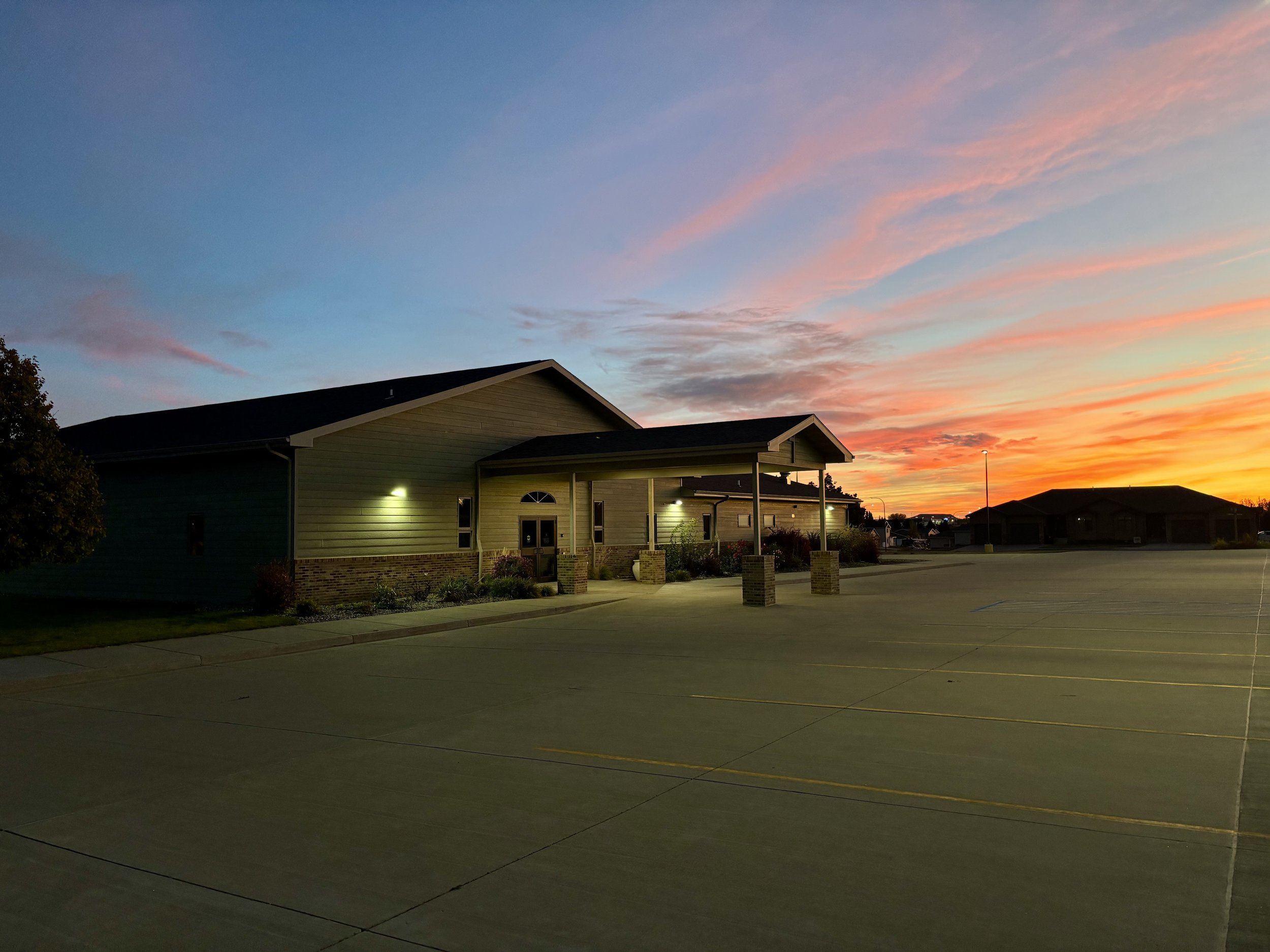
News & Notes
Unmarked Graves
With these words, Jesus lays upon the Pharisees a double insult: one obvious to us and one that might be hidden from us.

With these words, Jesus lays upon the Pharisees a double insult: one obvious to us and one that might be hidden from us.